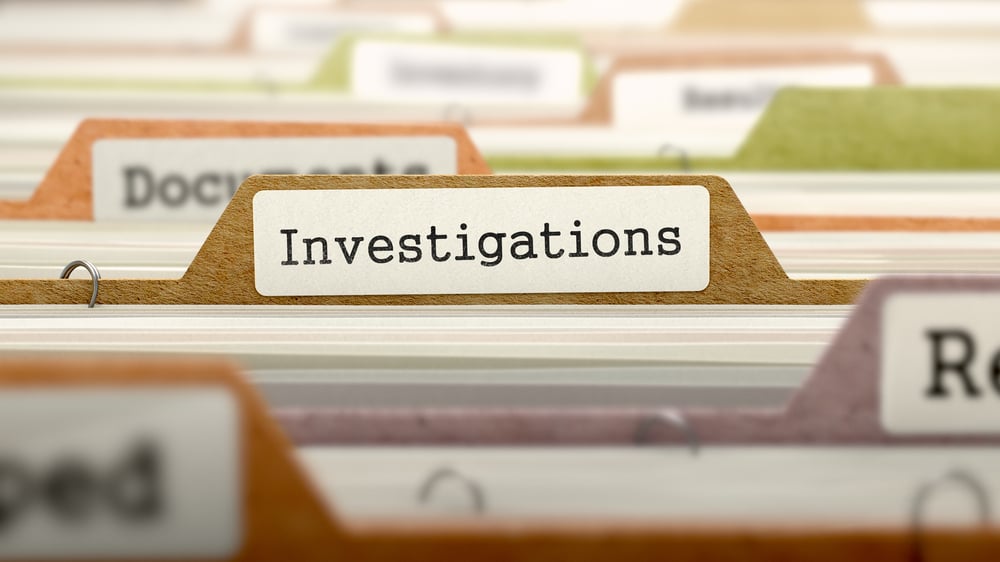
Medical Incident Reports Improve Healthcare. How and When to File Them
Medical incident reports are essential to improving patient safety and correcting medical errors that could cause harm to future patients. Today's healthcare establishments, such as hospitals, aging care services, and ambulatory care facilities, need an incident control and management system in order to gain further insight into these medical incidents and to conduct effective risk management procedures. Although the concept of recording healthcare incidents and taking action to prevent them might seem relatively straightforward, staff members could have many questions. See below for what healthcare providers need to know about filing incident reports to make the process easier for everyone involved.
The what, when, and why of filing incident reports
When you have the proper management system, filing an incident report becomes easier. However, you need to identify the essential elements that go into filing a report before you integrate these systems into your existing processes. Whether the incident involves an adverse event, problems with patient care, or serious injury, here are a few helpful instructions for healthcare organizations about how to ensure that reports are filed correctly.
Your facilities need to have records of incidents in order to defend against lawsuits. Medical errors that impact the health of your patients may increase the risk of legal action. Having a log of that specific case to reference can be critical to navigating legal challenges that result from an adverse event.
When do I need to file an incident report, and how soon should I file it?
The answer depends on many factors, including organizational rules or government regulations that stipulate specific timeframes for filing medical incident reports.
There are several situations in which reports are necessary, including when a patient filed a complaint that needs to be logged, a medical device malfunctioned, an issue with medication safety resulted in administration of the wrong medication, a medication had unintended side effects, or potentially harmful hazards presented. Simply put, whenever there's a situation worth recording, you should file an incident report.
The best way to guarantee that your report is accurate and includes the necessary details is by filing it as soon as possible (immediately after the incident is best). However, in extenuating circumstances, you might need an extra day or two. Keep in mind that the longer you wait, the more difficult it might be to recall details. If you're unable to provide correct details, it becomes more difficult to prevent future similar adverse events, and can leave you vulnerable should a lawsuit be initiated.
What do I include in my report?
When considering best practices for incident report filing, key details that need to be featured in each report include:
-
Patient's first and last name
-
Patient's date of birth
-
Incident location, including hospital name and specific division or satellite location
-
Incident date
-
Incident time
- A detailed overview of the events that took place—be as detailed as possible and factual and unbiased
-
The full names, titles, and contact details of witnesses
-
A description of harm that was caused during the incident (if applicable)
-
The course of action that was taken in response to the incident
-
Full name, title, and contact information of the person reporting the incident
These are a lot of details to include, so it is important that healthcare professionals take their time as they fill out these reports.
Learn more about why healthcare organizations nationwide rely on our expert investigators to determine the cause of healthcare-related incidents, deliver remedies, and provide legal support: www.ecri.org/solutions/accident-forensic-investigation-services.
